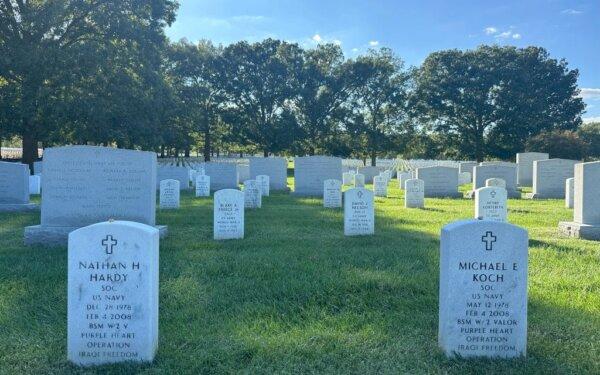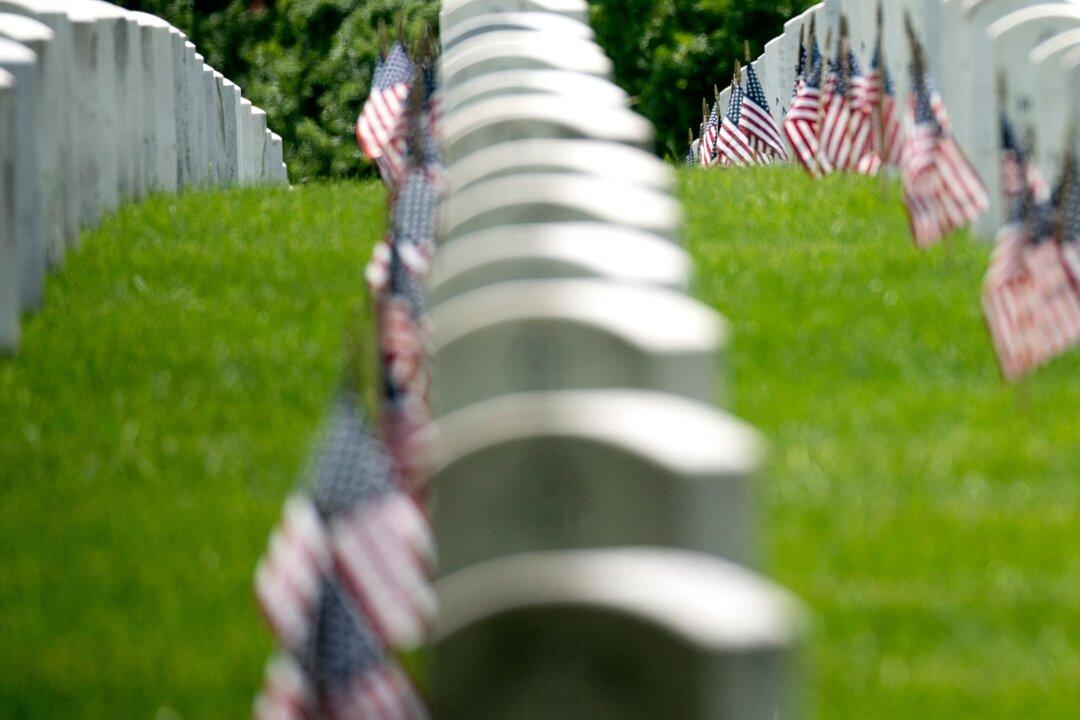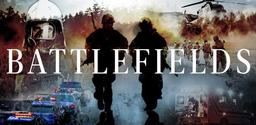Commentary
Arlington: (Where I met the ghosts of the living, but not of the dead.)
Arlington National Cemetery is a place that exists only in the imagination or deep memory of most civilians; at best, we maybe once visited on a school trip as a child, or perhaps long ago with our parents. The last time I was there was before the war. Before all of this came to be.
It’s been a lifetime since then.
I’ve seen the pictures. I’ve seen the families. I’ve seen the somber, solemn, courageous spouses held up by some invisible superhuman force as they receive the folded flag from the white-gloved hands while they undoubtedly feel like crumbling to the ground.
But for me, this visit was a long time coming. In what has now grown to a near-decade of civilian service to the military and special operations communities—as writer, editor, scholar, and strategic communications professional—my winding path finally led me back to Arlington, where the ultimate chapter of so many service members’ stories is written.
But in my case, I went to see my friends. And the strange thing about it is, I had never met one of the men I am about to mention in person. The reason I know them and know their stories is because of the ones they left behind—the keepers of their flames. The ones who still speak their names, share their stories, fuel their legacies, and fight to ensure that their sacrifices are known in a context that imbues them with meaning. These are not poor souls who died in vain, which I know from the living loved ones who have been left to carry on in their absence. I do know the living. And those are my friends. It all feels like a coming-full-circle and stands as a testament to the truth that one torch-bearing human can—when fueled by tenacious love—rob death of some of its finality.
When I walked through this field of sleeping warriors, under the cool but pristine September sun, the grass plush under my bare feet, I felt—for them—an all-encompassing sense of peace. They were at rest with one another, heroes among heroes, having died warrior’s deaths and laying among their brothers and sisters.
Still, in the air I felt something else: the energy disrupted by restless ghosts. Or perhaps not ghosts at all, but rather the memories held by the space itself of the still-living whose boundless grief was manifested there. The ones whose tears had fallen down, to water that very grass, helping it mask the dead gravesites with its vibrance.
SEALs Nate Hardy and Mike Koch were the first I had to find. I couldn’t help but think, as I sought out their final resting places: for every grave, there was a family. Mother, father, spouse, children. There were sometimes even the broken bodies of the warriors who had borne their teammates home, as well. One is my dear friend who, on his 29th birthday, sat in a wheelchair under a grey February sky as Nate and Mike were interred.



